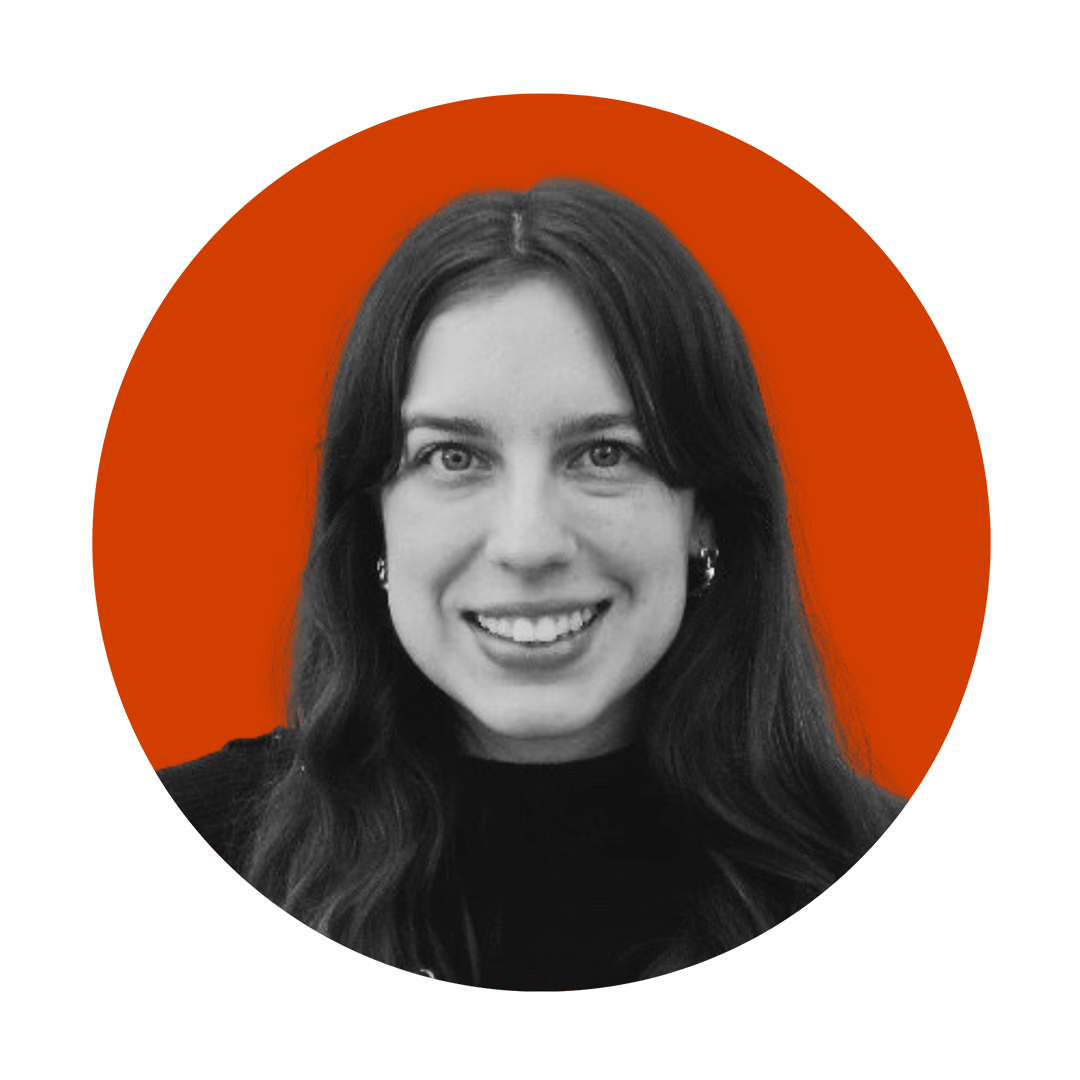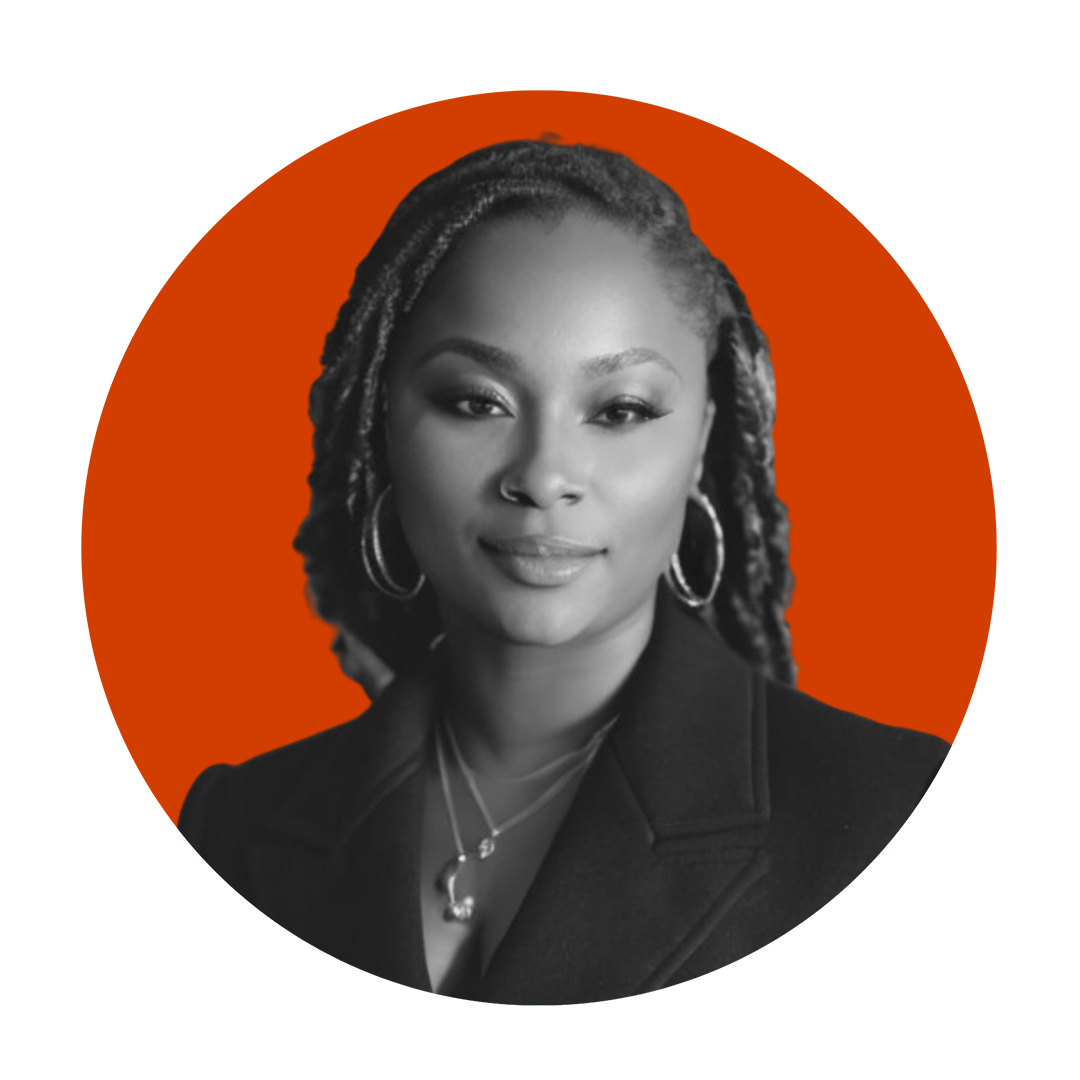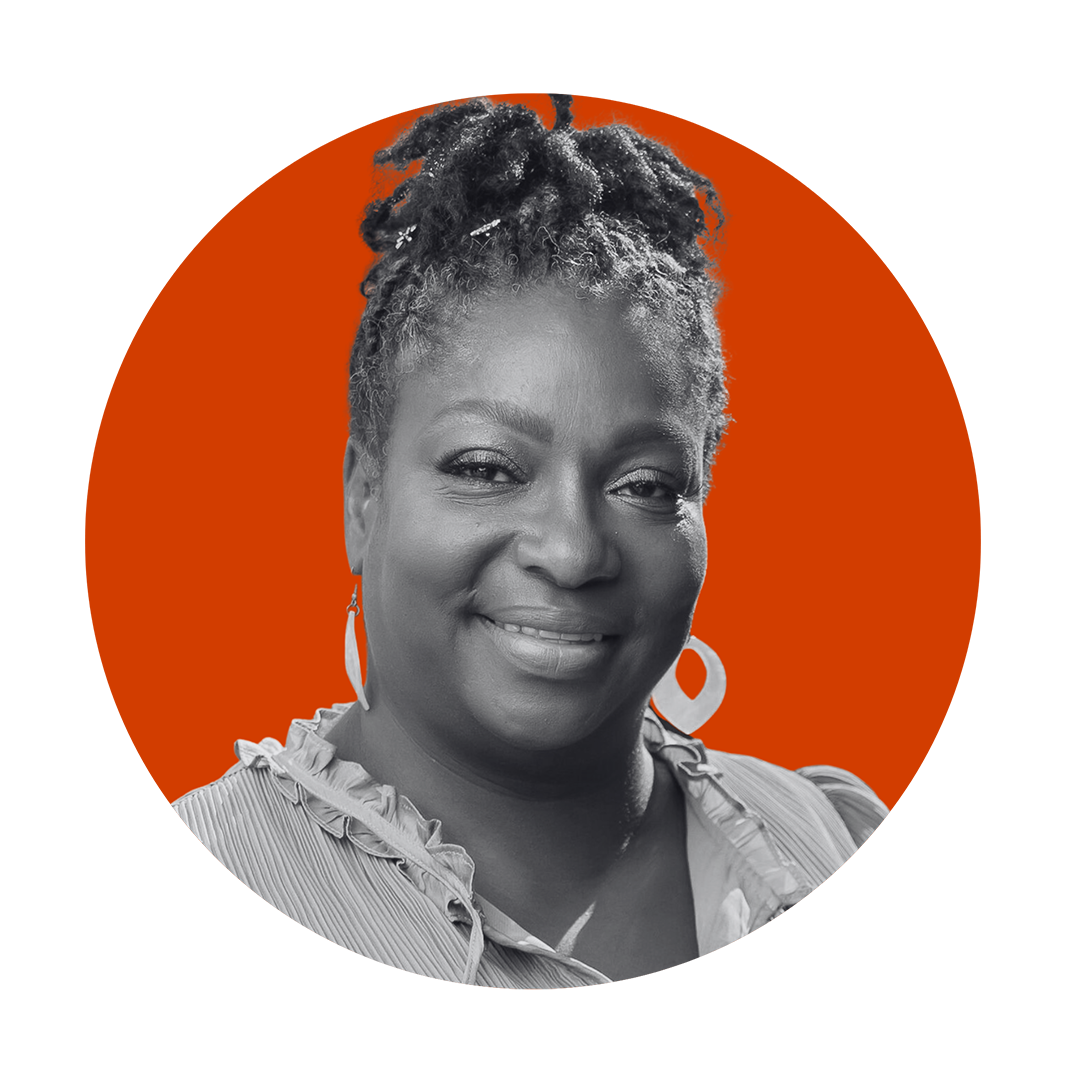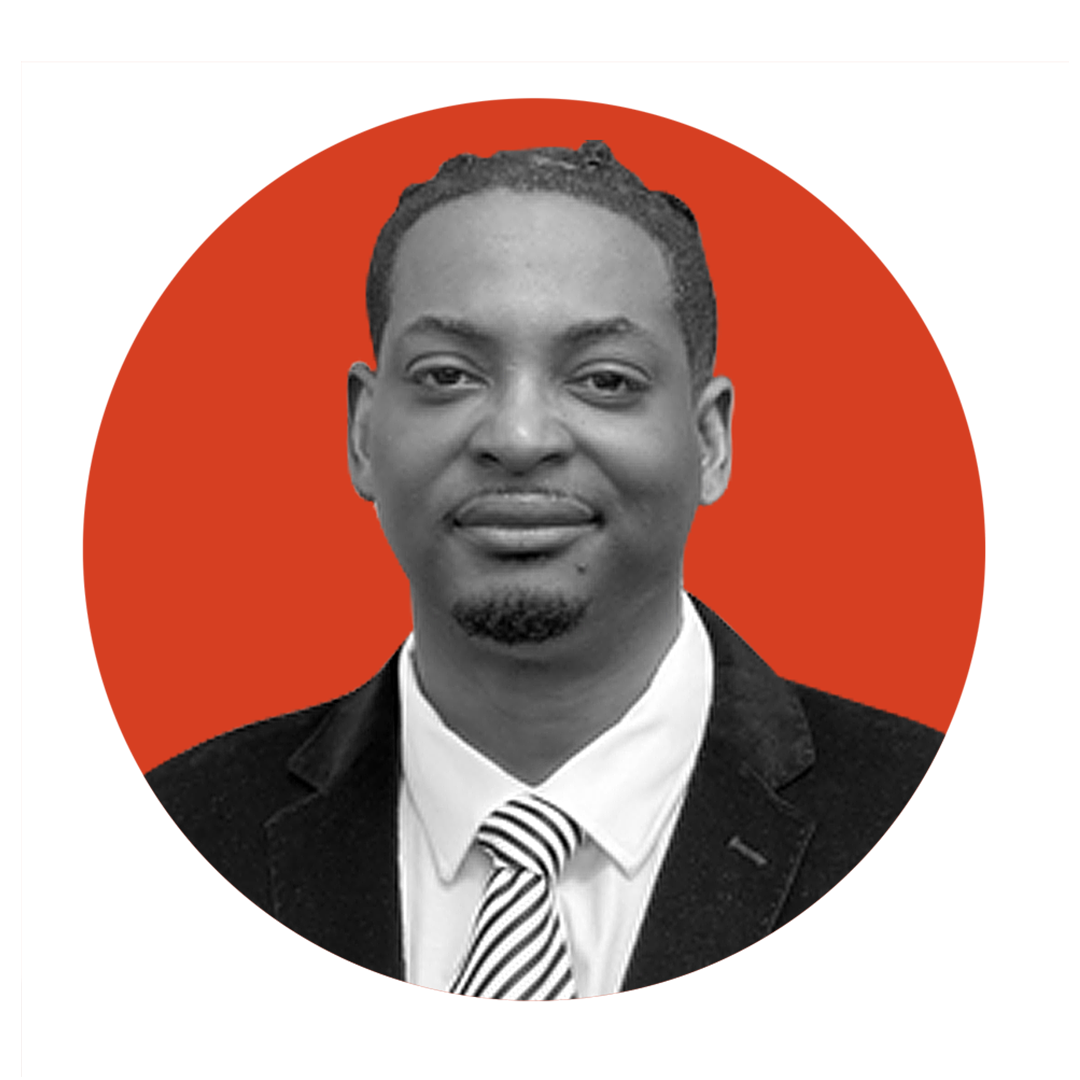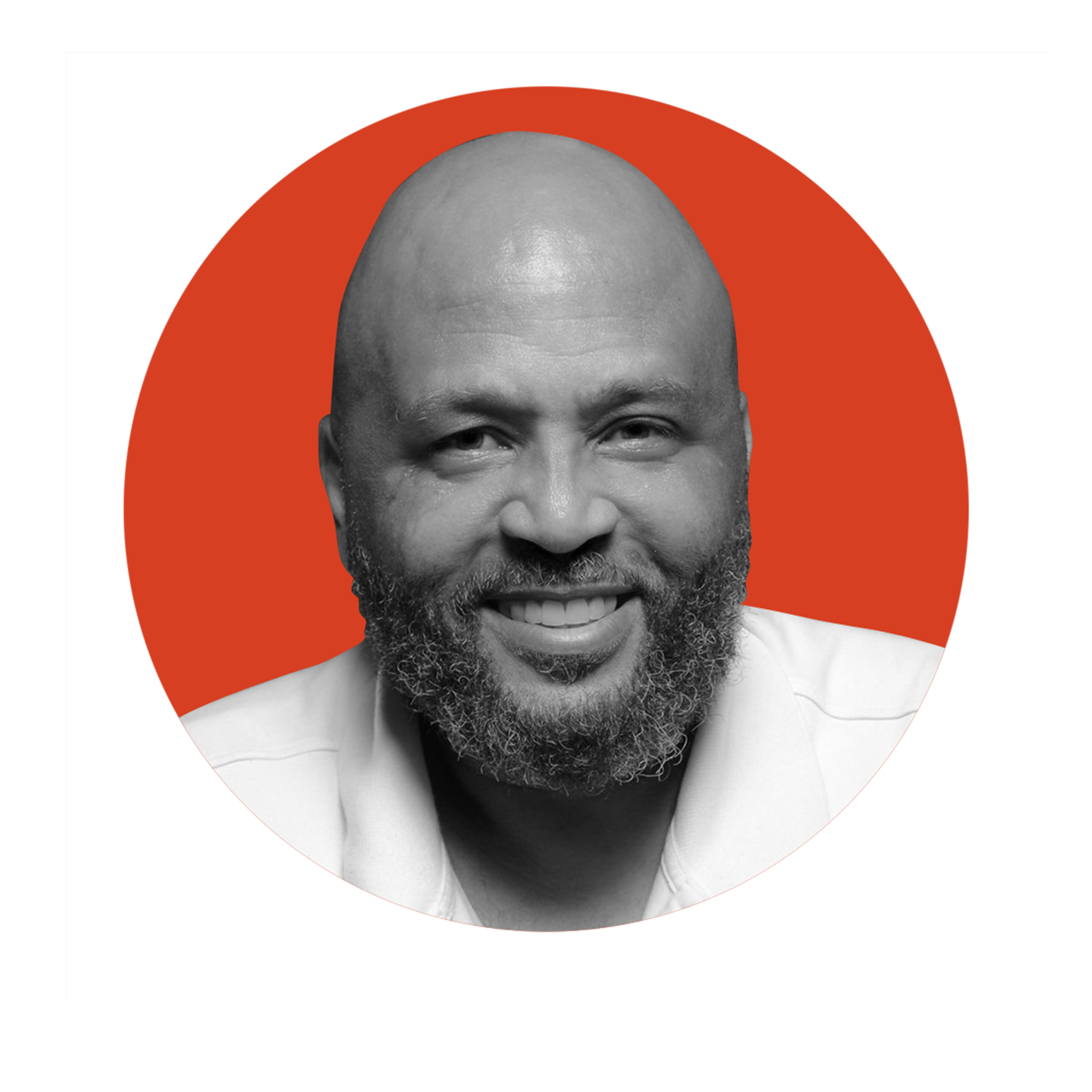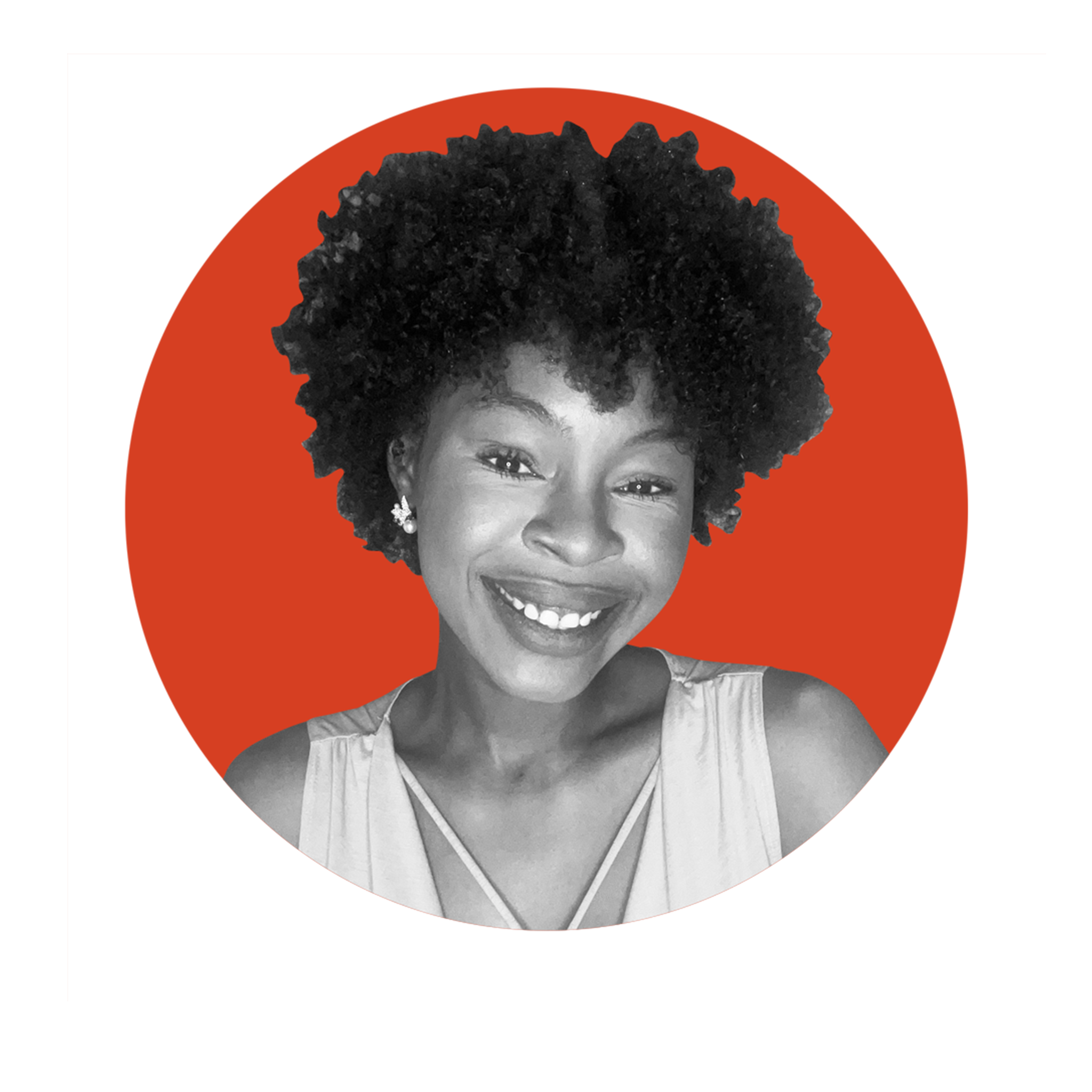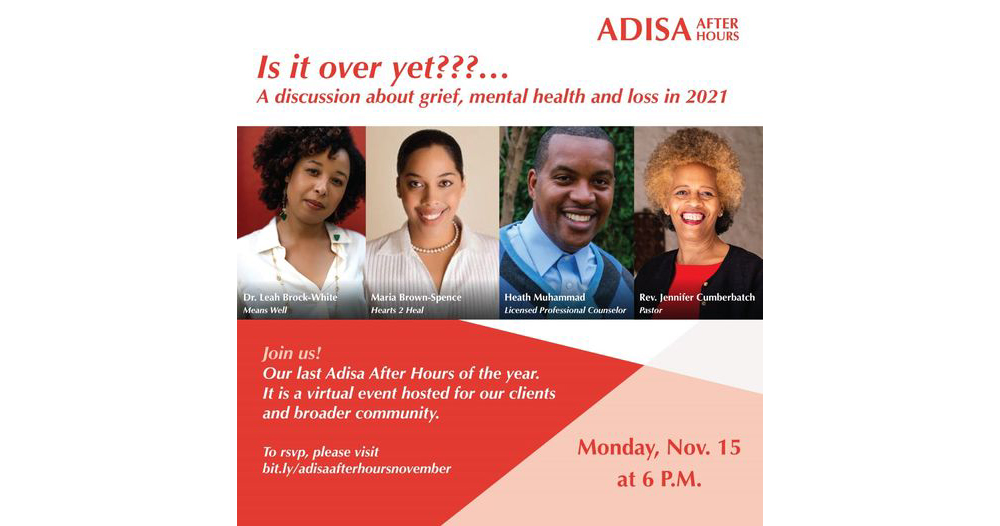
Is it over yet??? A discussion about grief, mental health, and loss in 2021 (Adisa After Hours Recap)
The Adisa After Hours series introduces you to authors, coaches, and leaders to have intimate conversations about thought provoking and leading-edge topics. The After Hours series was born out of a question – “How can we give to our community in ways other than consulting?” Adisa has the opportunity to work with and have incredible conversations with unique individuals and they wanted to be able to offer that to the community.
For the Adisa After Hours on November 15th, 2021, Adisa Communications curated a group of caring mental health and wellness professionals to help us process our loss and learn tools and strategies to deal with depression, grief, loss, and change. The featured expert panelists were Dr. Leah Brock-White of Dr. L Means Well, Maria Brown-Spence of Hearts 2 Heal, Heath Muhammad, a licensed professional counselor, and Rev. Jennifer Cumberbatch, Pastoral Counselor.
Shuronda Robinson, President/CEO of Adisa Communications, led the virtual event.
The evening started with small break out rooms where participants could get to know one another. The question participants centered themselves on was “Where does your joy come from?”
Dorcaus Ellis, Sr. Project Assistant at Adisa Communications, said her joy comes from her children. “It’s a whole other level,” said Dorcaus.
Nadine Donahue, a women’s health nurse practitioner, said, “My joy comes from being surrounded by family or friends. At work, being able to be that voice and advocate and really make my patients feel heard. That brings me joy while at work.”
Shuronda herself also shared. “My joy at work comes from the inspiration and the ability to solve problems and be with people as we do that. It’s not always understood by the mind, but you can feel it.”
After the initial get-to-know-you icebreaker, Shuronda introduced the panelists for the evening: Dr. Leah Brock-White, Maria Brown-Spence, Rev. Jennifer Cumberbatch, and Heath Muhammad.
“As we were putting this panel discussion together, we wanted to make sure it was centered around Black people. We were very intentional about who we chose to have this conversation with because we know there’s a perspective and an experience there that not only Black people, but our entire world will benefit from,” said Shuronda.
Shuronda started off the panel by modeling vulnerability. She revealed that she suffered from depression. The holidays paired with shorter days (less sunlight) is a difficult time for her. This led to the first panel question of the night: Why is this time of year hard for people?
Dr. Leah Brock-White offered some great insight about why this time of year is so hard for people. She discussed how in Western society, slowing down to look and reflect inward is frowned upon and seen as not being productive. It’s difficult for people to just be present with themselves and present for those who need them. She also talked about how travel at this time of year is stressful, adding another layer of anxiety.
Heath Muhammad added on to what Shuronda had brought up earlier in the discussion. He acknowledged that a lot of the time, the New Year’s Resolutions we set for ourselves are unrealistic. So when we look back on the year and look back at all the things we didn’t accomplish, it brings us down. “We have to learn to slow down,” Heath Muhammad said. He also brought up the drama a lot of families experience during the holidays. For some, the holidays are anything but relaxing.
Maria Brown-Spence focused on the family dynamics during the holidays. The truth of it is, there are some who do not want to connect with family members. Many families have also experienced loss this year. “You have to give yourself the freedom to say things won’t be the same,” said Maria Brown-Spence.
Rev. Jennifer Cumberbatch really resonated with the “empty chair syndrome” that Maria Brown-Spence brought up. She talked about the importance of developing another ritual or routine that still honors the loved one, even though they are not physically there. “We have to develop new patterns of relating to that person who is no longer with us,” said Rev. Cumberbatch.
Shuronda’s next question was directed to Dr. Leah Brock-White. “How do you remain present during this time of year,” Shuronda asked.
“There’s no magic needle in acupuncture, there’s no magic herb,” said Dr. Leah Brock-White. She then discussed three things she does each day to help herself stay present in the moment and present with herself. “It’s very easy to get lost in… all the things,” she said. The first thing Dr. Leah Brock-White does when she wakes up is remain quiet. The next thing she does is 50 deep breaths. “It regulates your vagus nerve,” said Dr. Leah Brock-White, “It also helps with reducing stress and anxiety.” The last thing Dr. Leah Brock-White does each day is one thing that gets her into trouble! “What I mean by trouble,” said Dr. Leah Brock-White, “is something that sparks joy, but also speaks to my inner child. It reminds me that I’m the one in control and boosts morale.”
Shuronda posed the next question to Rev. Cumberbatch and Maria Brown-Spence: “What are the cultural differences that we experience as Black and Brown people related to grief and loss and mental health. What role does spirituality play in that feeling?”
Rev. Cumberbatch started the discussion by bringing up how grief is a universal human experience, but there are some unique aspects of Black and Brown grief that we should take note of. “It’s the cumulative, historic, and collective grief that we experience in addition to our personal grief. With all the negative statistics, there being such a disparity, I think it’s the rate at which we are grieving.”
“The process of mourning can look different, culturally, as well,” said Maria Brown-Spence. She discussed how she embraced Dia de los Muertos to navigate the spiritual vs. religious routes of mourning.
Shuronda’s question to Heath Muhammad dealt with depression: “What are some of the unknown signs, or things we should be looking out for, when it comes to feelings of depression?”
“We should definitely be looking out for people who are isolating,” Muhammad said, “We need to check in with our people to see how they’re really doing. Especially ‘strong friends’.” He also reminded us of earlier in the conversation when we talked about having unrealistic expectations. Other things to keep in mind are people who are not sleeping or eating as they normally do, people who are on social media a lot, and then are suddenly not, people who are losing interest in things they once did, these are all things we need to check in on.
Shuronda then asked about how to navigate these feelings in our work: “How do you navigate grief and loss with all the time it takes to work, take care of family, the ‘adulting-part’. How do you navigate grief and loss when you have so much responsibility on your plate?”
Dr. Leah Brock-White said there are times when she doesn’t know how to do it all. “I have to remind myself that I’m one woman,” said Dr. Leah Brock-White, “It’s not just me, but at the same time, it is me. It’s important for us to stop and ask – Is this mine to fix? Do I have the skillset to fix this? And to recognize that it’s ok for it to not be me to be the one to fix the situation.”
Shuronda’s next question centered around family: “How do you have this conversation with family? How do you start the conversation around seeking therapy?”
“The first thing is to start with yourself, that you’re ready for the healing,” said Heath Muhammad, “Next, we need to tell our family what we’re going to do. We need to say, ‘I’m going to put myself first and I’m going to take care of myself.’”
At this point in the conversation, the chat was overflowing with questions, affirmations, and realizations. The Q & A portion of the night that followed included questions around persuading others to ask for help, establishing boundaries to protect mental health, collective trauma, and how to model ‘it’s ok to not be ok’.
Shuronda ended the incredibly impactful evening by asking the panel for additional resources for people who are wanting to work on their own approaches to mental health and grief and loss.
You can view recording of the virtual Adisa After Hours event in full by visiting the link below: https://app.experiencewelcome.com/events/rPurnV/stages/akfVbQ?preview=true
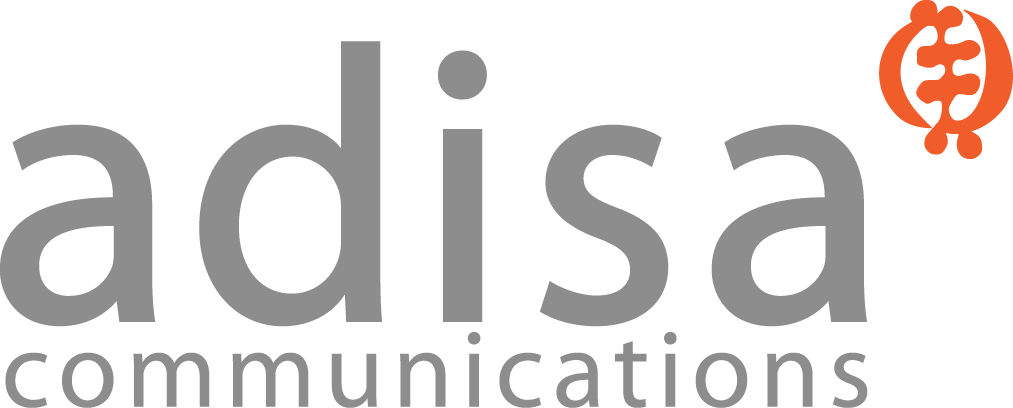
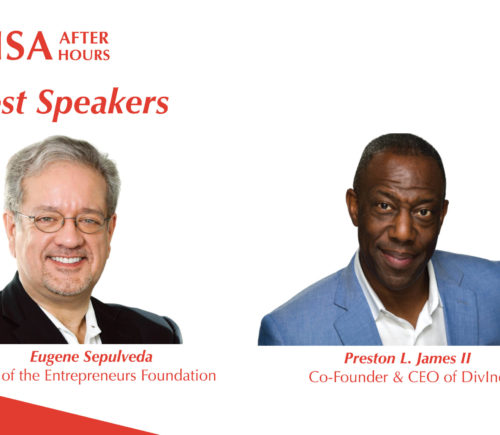
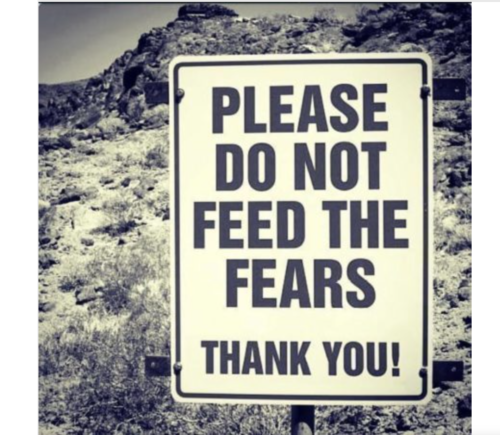
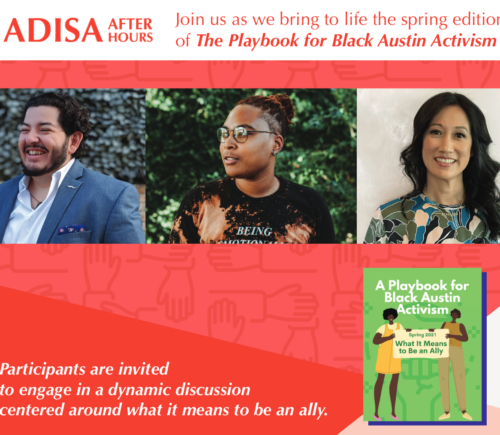
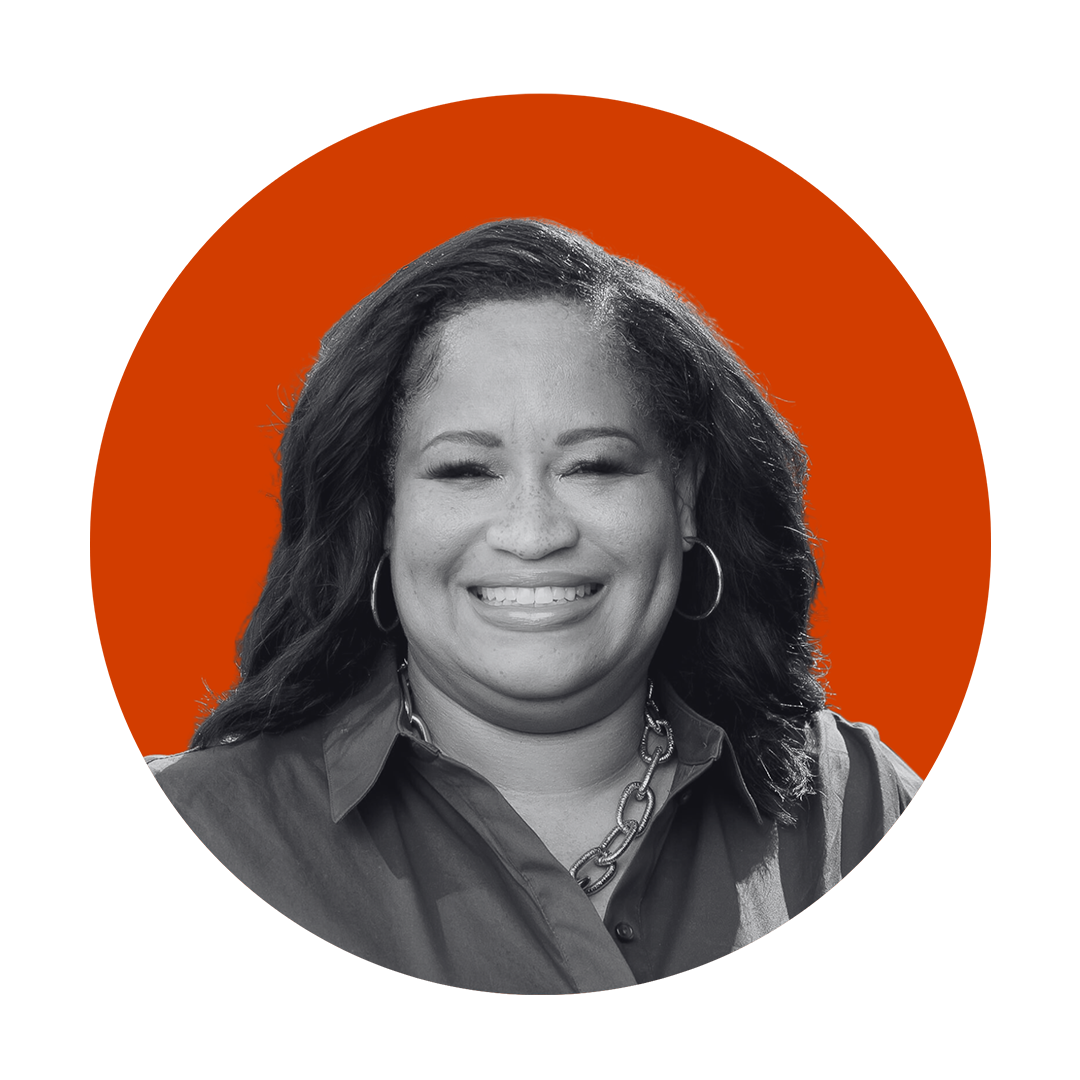
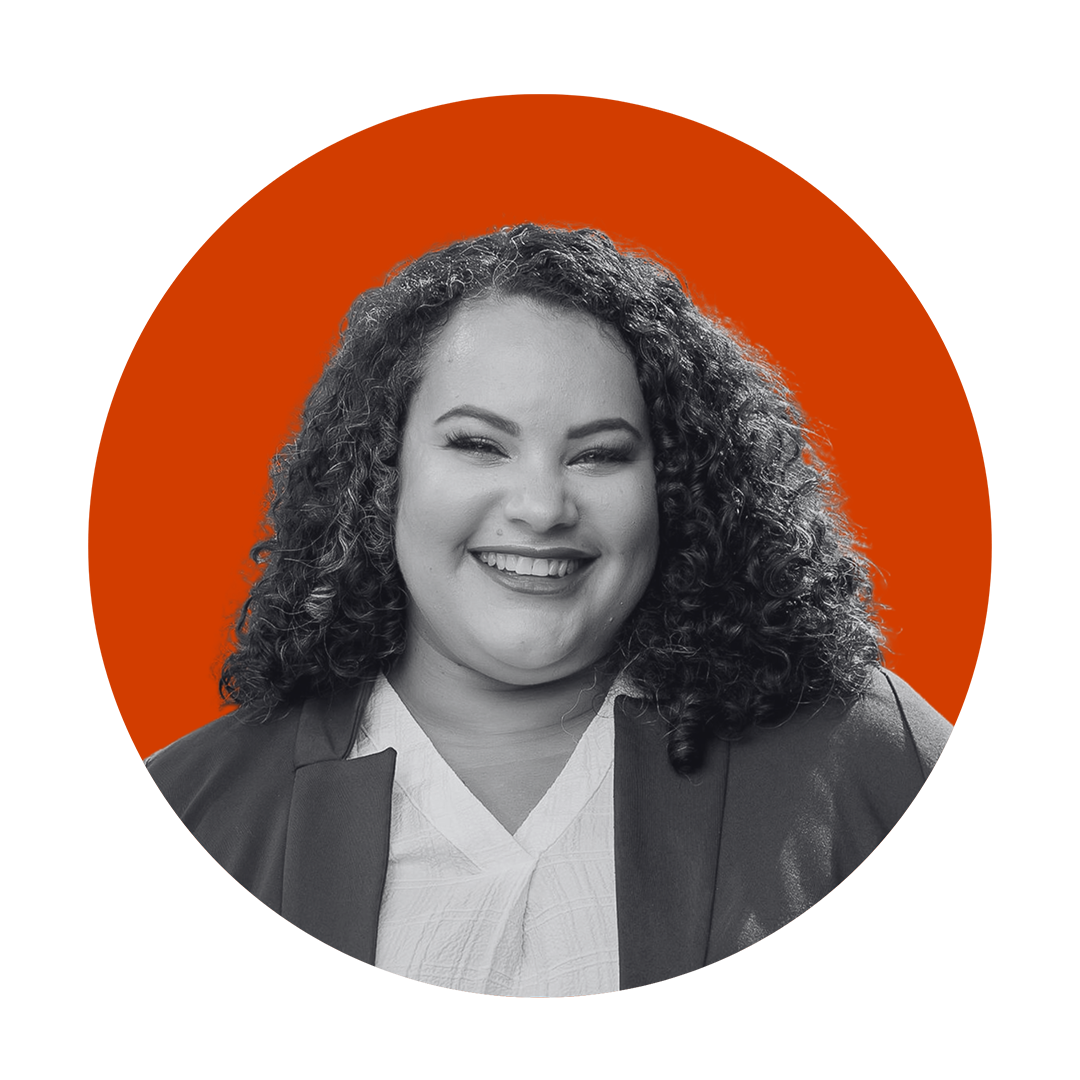
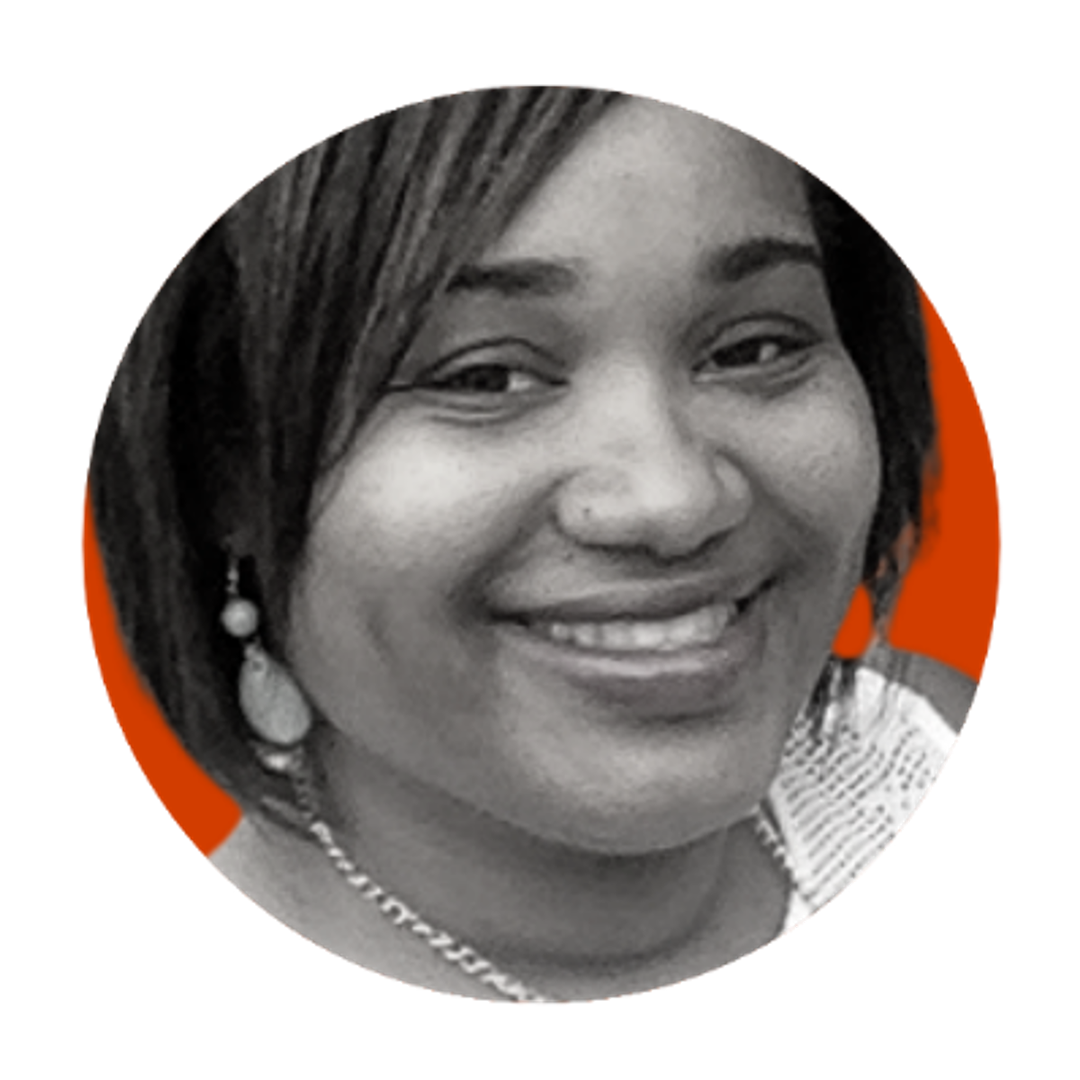
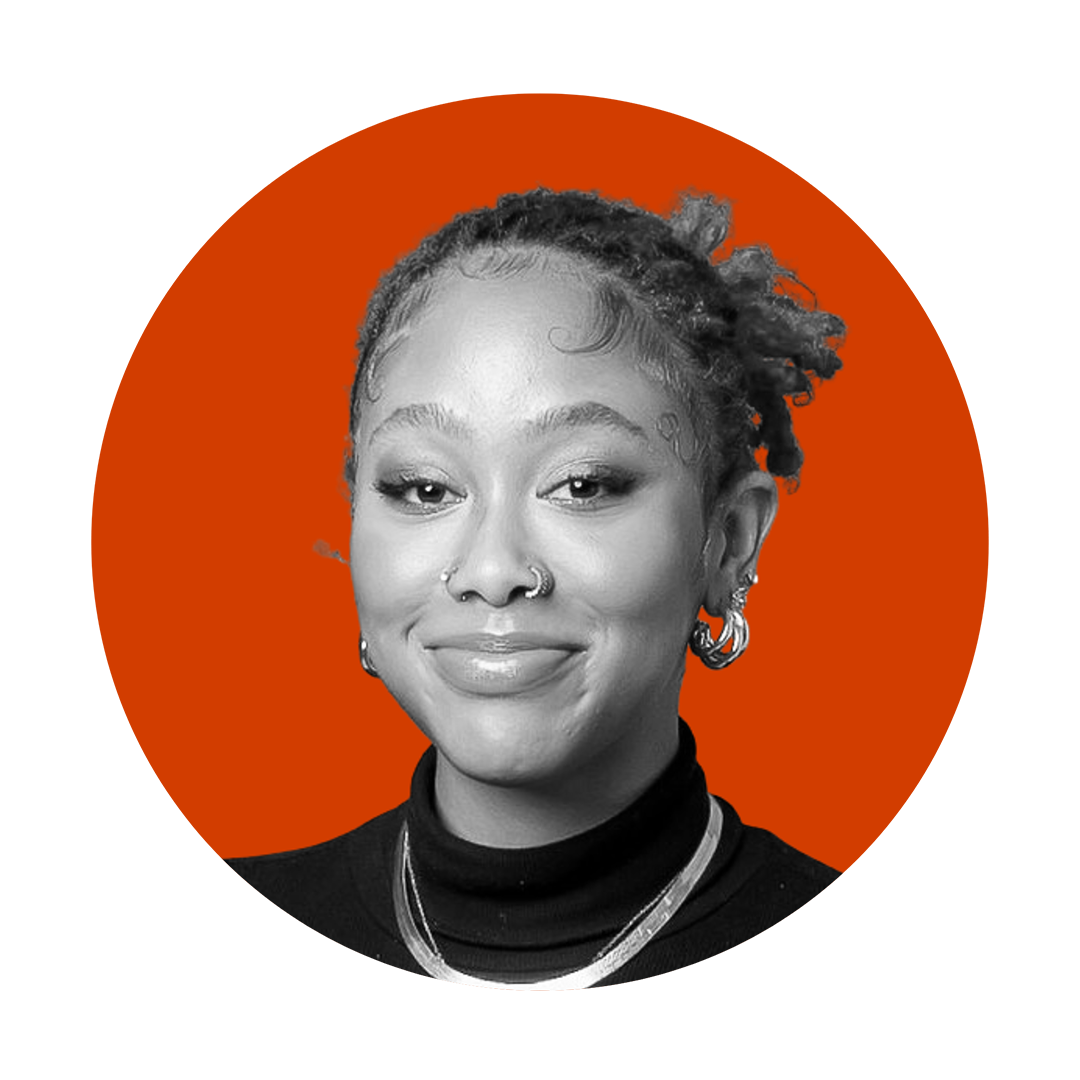

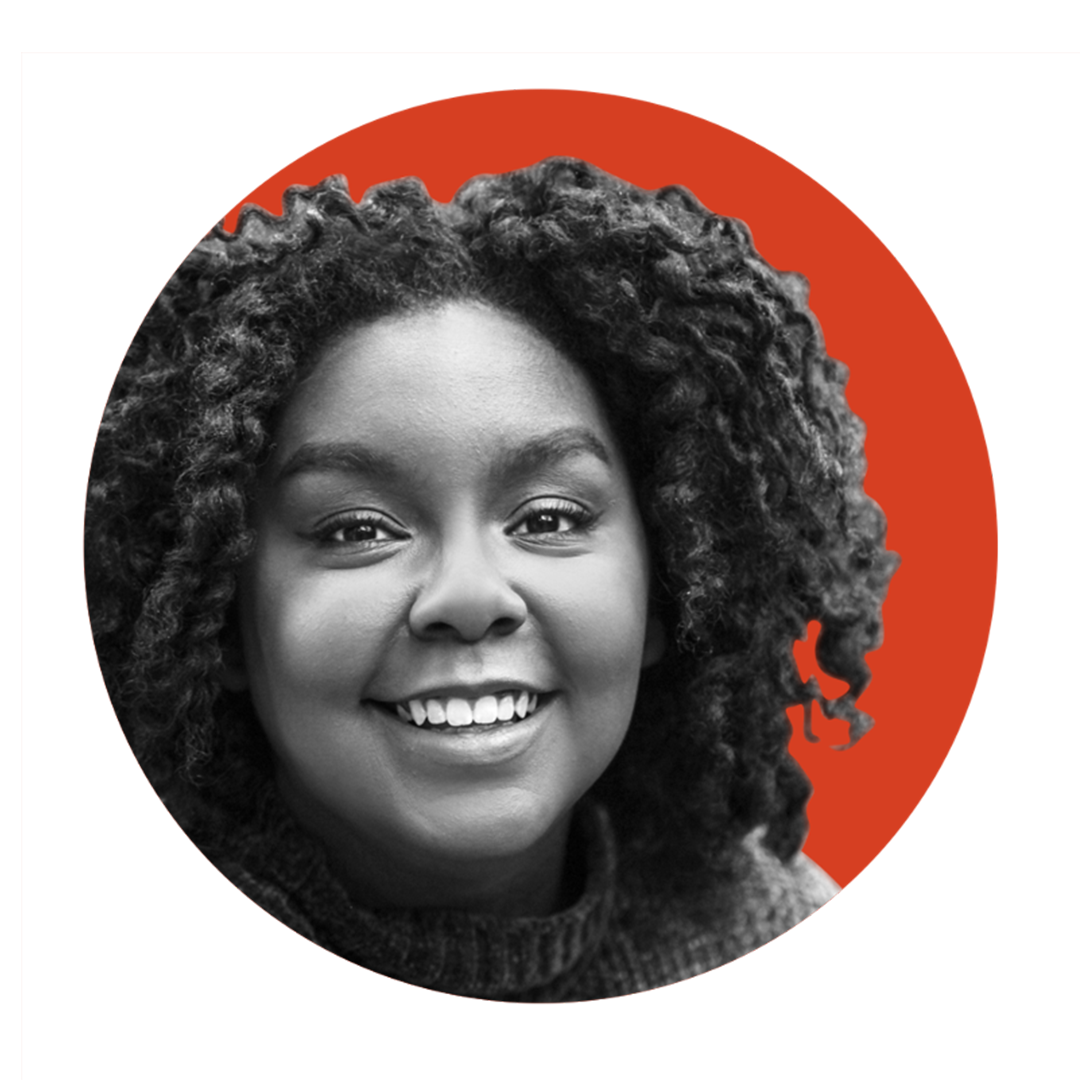 Joilynn Green is a Project Assistant at Adisa Communications. She specializes in event planning and logistics. In her spare time, she freelances as a theatre director and stage manager. She enjoys developing new plays and finding immersive, unconventional ways to bring stories to life. Joilynn has enjoyed working with the Vortex Repertory Company, New Manifest Theatre Company, Spectrum Theatre, and Austin Shakespeare.
Joilynn Green is a Project Assistant at Adisa Communications. She specializes in event planning and logistics. In her spare time, she freelances as a theatre director and stage manager. She enjoys developing new plays and finding immersive, unconventional ways to bring stories to life. Joilynn has enjoyed working with the Vortex Repertory Company, New Manifest Theatre Company, Spectrum Theatre, and Austin Shakespeare.